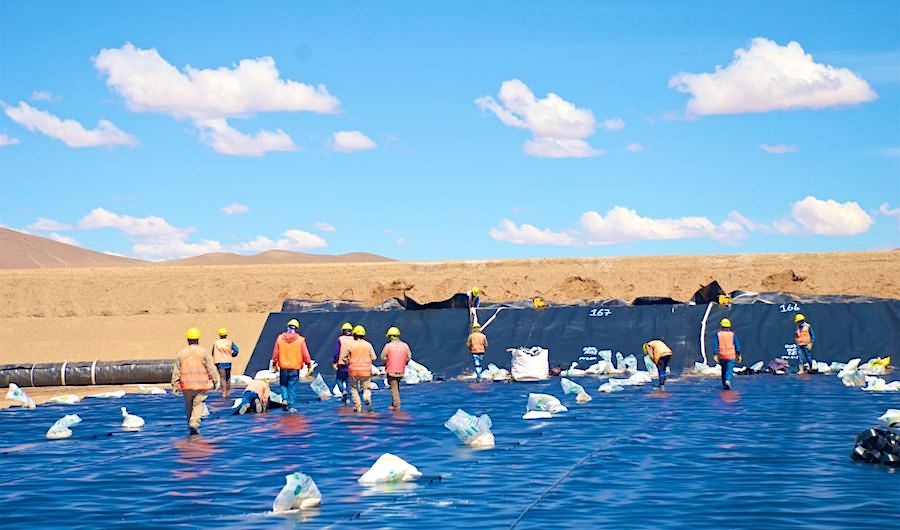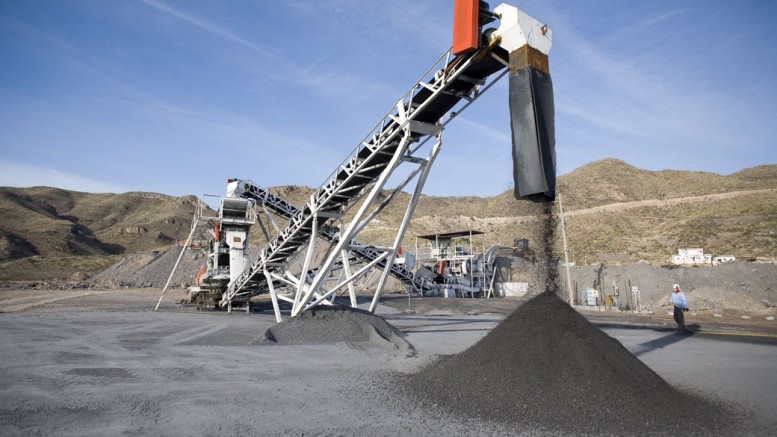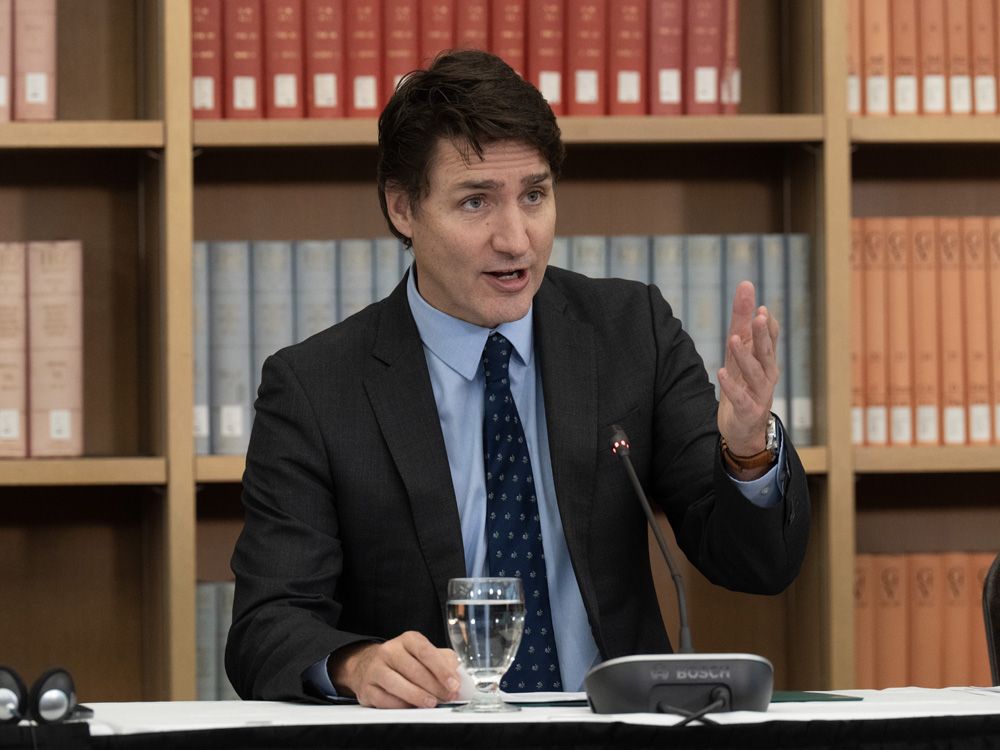
As part of the deal, Bacanora shareholders will be entitled to receive 67.5 pence in cash and a distribution of the UK-based miner’s stake in Zinnwald at a ratio of 0.23589 Zinnwald shares for each Bacanora share.
With the addition of those shares, the Chinese group’s offer represents a 63% premium to Bacanora’s closing share price on May 5.
Deal that hands China’s largest lithium producer control over the Bacanora lithium mine in Mexico.
The bid, which would add the Sonora project in Mexico to Ganfeng’s global portfolio of lithium assets, comes as soaring lithium prices have triggered a wave of deals in the sector, including the recent mega-merger of Australia’s Galaxy Resources (ASX: GXY) and Orocobre (ASX: ORE).
Ganfeng’s improved offer has overcome a number of potential obstacles to a deal, including meeting all pre-conditions outlined in the May announcement and securing Chinese authorities’ approval.
It still needs the support of shareholders owning more than 50% of Bacanora and the Mexican antitrust approval to seal the deal.
Following the original offer, a group of more than 400 investors orchestrated a campaign to block the deal, calling the offer derisory. But the revised bid has the backing of M&G Recovery Fund, which holds a 14% stake in Bacanora, Ganfeng said.
Prices for lithium in China have jumped more than 100% so far this year, according to Benchmark Mineral Intelligence on the back of an expected demand increase from the electric vehicles (EVs) sector.
Ganfeng, which already had a 50% stake in Bacanora’s Mexican project, holds interests in mines in Australia, Argentina and Canada and around 70,000 tonnes of lithium carbonate equivalent of annual conversion capacity in China.
The Sonora mine, expected to begin production in 2023, will produce 35,000 tonnes of lithium per year once at full tilt.
Targeting hot spots
Beijing announced last year a development plan for the so-called new energy vehicle (NEV) industry in 2021-35. It is targeting a 20% share of NEVs in the country’s total vehicles sales by 2025, which supports the demand for battery materials in the long run.
Gangfen paid C$353 million ($278m) in July for Canada’s Millennial Lithium, which has the Pastos Grandes project in Argentina. The previous month it had paid $130 million for half the Goulamina lithium mine in Mali.
The Chinese miner is also advancing a planned C$353 million ($280m) acquisition of Argentina-focused Millennial Lithium, which will give it control of four of Latin America’s biggest lithium deposits, hosting combined lithium carbonate equivalent resources of 43.5 million tonnes, based on figures from Mining Intelligence.
Gangfend is simultaneously exploring setting up a batteries plant in Argentina, where is developing the Cauchari-Olaroz lithium brine project, in the country’s northwestern Jujuy province.
An International Energy Agency (IEA) report published in May recommended governments to start stockpiling battery metals, noting that lithium demand could increase 40-fold in the next 20 years. IEA executive director Fatih Birol said this would become an “energy security” issue.
China dominates lithium processing, while mine supply largely comes from Chile and Australia, the two largest producing countries.




